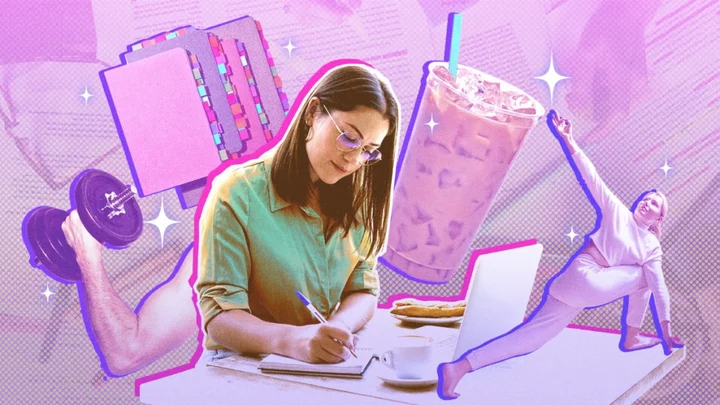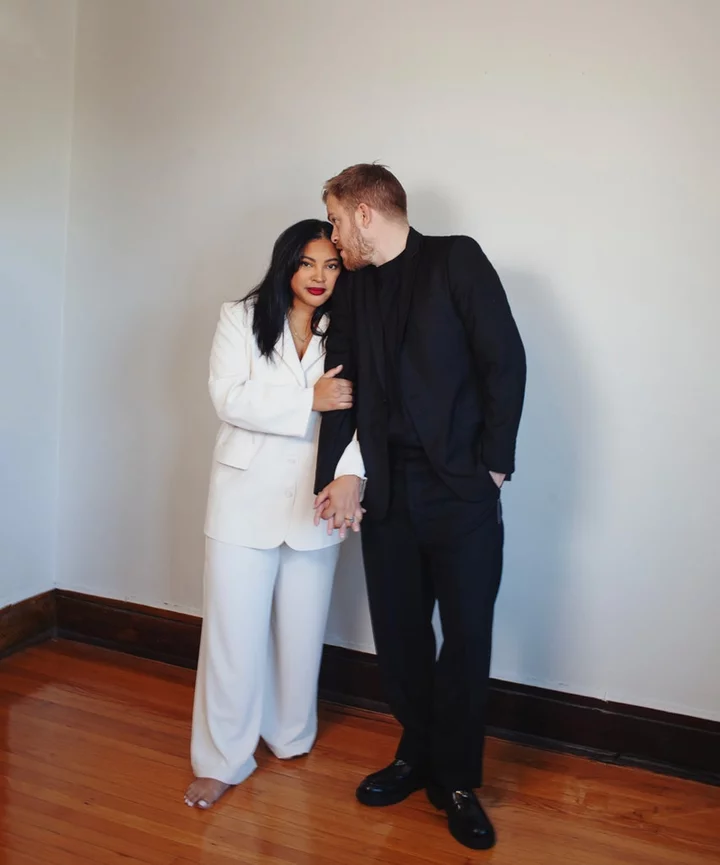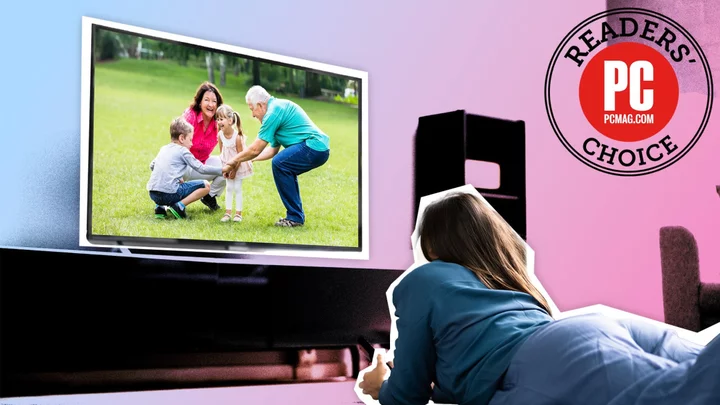There is something insidious that's been lurking on my TikTok For You Page for the past few months. Every dozen or so videos, I'm fed one about self-improvement. And I’m not talking about getting more sleep — but biohacking your very existence to preserve your health and improve every aspect of your life.
Much of this biohacking discourse is led by a man named Andrew Huberman who, against my most ardent attempts, didn't respond to a request for an interview. Huberman seems to be, by all accounts, a very smart person. He's a neuroscientist and tenured professor in the Department of Neurobiology at Stanford School of Medicine and has studied brain development, brain function, and neural plasticity. He's been lauded with hella awards as a McKnight Foundation and Pew Foundation Fellow. He is also a podcaster and a partner of the sports and nutrition company Momentous, with which he offers branded dietary supplements. It's unclear just how successfully he's sold Momentous, but a bundle of five bottles will cost you nearly $200.
SEE ALSO: Don't fall for the productivity aesthetic. It's a scam.On his podcast, he discusses his strict daily routine. He starts his day with yoga Nidra, exposure to sunlight for at least five to ten minutes, and a cold shower, then waits two hours before drinking coffee. He doesn't smoke or drink. He follows an intermittent fasting regimen, weight trains for 45 minutes to an hour every other day, takes a long list of daily supplements, microdoses with testosterone, and, at night, drinks a sleep cocktail of magnesium threonate and apigenin. He seems to be a very healthy man. He is also probably pretty rich, which inarguably improves the quality of his life. There is an undeniable monetary benefit from telling people how you live when it is deeply rooted in science and then selling them supplements.
Huberman has a significant group of loyal fans on social media, some of whom have taken on the loving moniker of Huberman Husbands, a title created by Sierra Campbell, a TikTok creator who bonded with her husband over biohacking and Andrew Huberman's podcast.
“I don’t know which is worse, having an Almond Mom or a Huberman Husband,” Campbell said in a tongue-in-cheek video. “But the case for the Huberman Husband being worse is not only do I have to live with him my whole life, but I’m also going to live forever.”
While Huberman Husbands have taken over a large swath of the biohacking-obsessed, he isn't the only person who talks about self-optimization. For the most part, Huberman's most devoted fans seem…pretty normal.
"I see the humor in the trend," Heather Mao, a TikTok creator who runs two gyms and follows Huberman's advice, told Mashable. "I see the ridiculousness in the whole Huberman Husband trend, and I see how people go extreme with it."
But, she says, she likes it because it's a lot of information that's backed by research and you can take what works for you and leave the rest. And many of the biohacking tips Huberman shares are free.
"We have a cold tub in our basement, and that absolutely was not free," Mao said. "But other things like morning sunlight, some of the things that'll help with your sleep, they're low cost and they're not gonna add a ton of extra time onto what I'm currently doing."
That's a trend with a lot of self-optimization online. Eating well, exercising, journaling, and meditation, for instance, are self-optimization or biohacking tips as old as time, and they're all not particularly time-consuming or expensive and are proven to be beneficial for you.
Both Mao and Campbell told Mashable that they don't take any of this too seriously. They try the recommendations out and review them with their friends — and use it as a way to connect.
"It's more fun when it's accessible to everybody and not super individualistic," Campbell told Mashable.
Yet, the solutions Huberman finds are centered around the individual — not community-based.
I want to be clear that there isn't anything wrong with trying to make yourself better, healthier, or happier. But investigating why we feel the need to optimize ourselves to cope with a system of political and social injustices that make life harder for us without actually questioning the injustices of that very system is not only unhelpful, but it's counterproductive. The people who hold the most power have a great deal of interest in us focusing on bettering ourselves instead of bettering our communities.
For instance, starting your day with exposure to sunlight is an excellent way to help regulate dopamine levels. But it isn't possible for many people who work even a 9-to-5 in certain parts of the U.S. — and certainly isn't possible for people who work odd hours. Instead of fighting for a more equitable work system in the U.S. that allows communities of people to wake up at a reasonable hour and go to bed at one, too, we're just biohacking ourselves. The long list of supplements many biohackers live by can be hundreds of dollars a month — and could instead be replaced by nutrients found in food if so many people didn't already live in food deserts. Wealth inequality is as bad today as it was during the Gilded Age — and focusing on ourselves instead of our communities is doing a disservice not only to the most vulnerable but also to us.
In A Companion to Marx's Capital, a book by David Harvey, he points out that time is a social construct molded to the work week, and trends that center the self and self-optimization, particularly to be more productive throughout the day, are maximizing your potential as a worker and consumer under capitalism more than anything else.
Not all biohacking is centered on productivity, thankfully, but it certainly isn't centered on community, either. In a video essay on YouTube, Alice Cappelle points out that much of self-help and self-optimization can — and should — be centered on community instead of the self because that's what got us to this point of feeling so much lack to begin with.
"What if getting angry was self-help? What if talking about social injustices was true self-help?" she posited. "In the past year, I've realized that I've become a better, happier human being by actually decentering my attention from my internal struggles and focusing instead on bigger causes, on other people's social injustices… And that, for me, that's what self-help truly is."
I can't help but agree.









